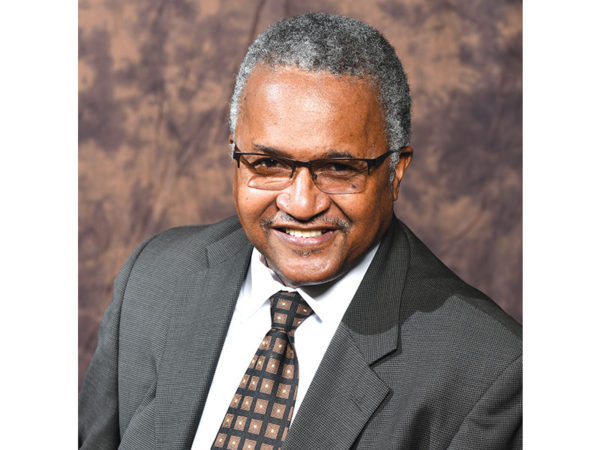The 2024 presidential election has come and gone, leaving in its wake a sobering reality for the Democratic Party and Vice President Kamala Harris. While the majority of Black voters stood behind Harris, the enthusiasm and turnout needed to secure victory in crucial battleground states fell short.
This outcome serves as a stark reminder that the Black vote, long considered a Democratic stronghold, cannot be taken for granted.
Harris’s campaign struggled to connect with key demographics within the Black community. While she resonated strongly with college-educated Black women, this group represents only a fraction of Black female voters. The campaign’s failure to effectively engage non-college-educated Black women, who make up the majority, proved costly.
Perhaps more significantly, Harris faced an uphill battle in winning over Black men. The “barbershop vote” – a colloquial term for grassroots support among Black men – remained elusive. Many perceived Harris as lacking the toughness required to stand up to global adversaries, a perception that Trump’s campaign skillfully exploited.
The focus on abortion rights, while important, did not resonate as strongly with Black voters as other pressing issues. For many in the Black community, economic concerns took precedence. The absence of influential Black leaders like Senator Katrina Jackson in Louisiana, and other pro-life Black leaders in other states mobilizing voters further compounded the problem.
Trump’s targeted outreach to Black men, coupled with economic messaging, appears to have paid dividends. Polls suggest he may have secured 15-20% of the Black vote, a significant increase from 8% in 2020.
This shift, particularly among Black men, proved decisive in swing states.
The gender gap in Black voter support was striking. While 83% of Black women backed Harris, only 70% of Black men did the same. This disparity, combined with lower-than-expected turnout in urban centers like Detroit, Philadelphia, and Milwaukee, ultimately sealed Harris’s fate.
Couple all of that with Economic anxieties and it created a perfect storm.
As we look to the future, it’s clear that the Democratic Party needs to reassess its strategy for engaging Black voters. The days of assuming unwavering support because of “skin” are over.
Future campaigns must address economic concerns head-on, connect with non-college-educated voters, and find ways to energize Black men.


